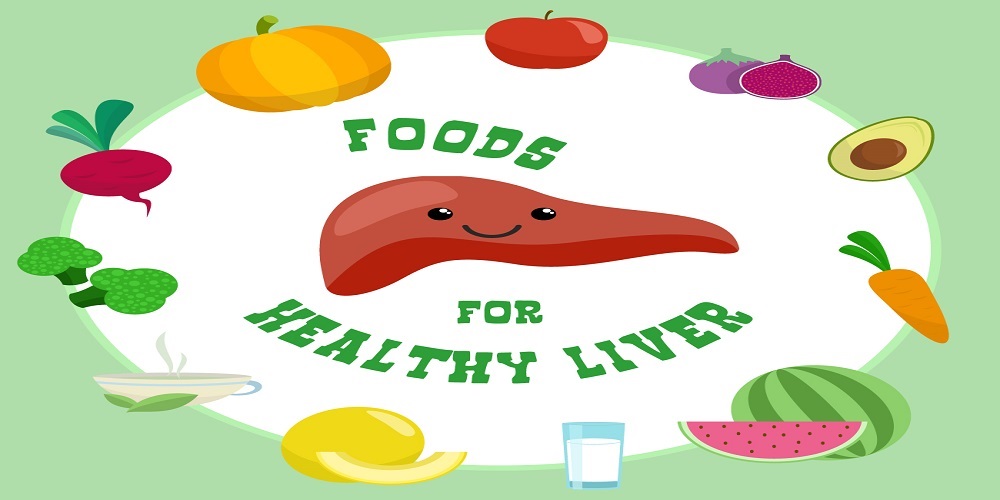Sweet taste is one of the five basic tastes which are caught by our tongue including bitter, salt, sweet, sour taste and umami. When eating candies or glucose (such as rice or bread), you often taste sweet in your mouth.
However, if you frequently have a sweet taste in mouth without consuming sugary foods that is a dangerous signal alerting you that you have a problem and need to see a doctor to check up your health care.
Is something wrong?
You may ask yourself: “Why do I have this taste in my mouth?” Surprisingly, that numerous medical reasons are explaining sweet sensation doesn’t go away. For instance, metabolic disorders, neurological problems, smell dysfunction, infection in upper respiratory tract, or even lung cancer, etc. Let’s get into the detail.
This is a warning sign for diabetes.

Diabetes is a good example of metabolic problems which affect the sense of taste because diabetes’ patients have worse conditions or more complications as the result they may have a dry mouth with a sweet taste in the mouth.
And guess what? Although they drink a large amount of water, this sensation doesn’t disappear. The main cause is the patients don’t control their blood sugar well. Patients with diabetes are less sensitive to sweet stimuli; therefore they tend to increase sugar consumption. A rising amount of sugar means high blood glucose, therefore leading to the taste of sweetness in their mouth.
Do you manage your blood glucose well?

High blood glucose can cause or is a result of diabetic ketoacidosis that means when the body doesn’t have enough insulin to cells, and then their body will break down fat and protein instead so that acids (ketones) will enter the bloodstream. It will cause unpleasant sweetness in the mouth and have a fruit-scented breath. That’s the reason why they ought to control their blood sugar level carefully to avoid diabetes complications.
Do you have neurological problems?

According to The Canadian Journal of Neuroscience Nursing, taste dysfunction is a consequence of cardiac attacks as the taste sensory nerves are damaged. And then, gustatory disturbance can lead to adverse effect on the living condition.
When human beings suffer from any neurological problems such as stroke, seizure or epilepsy our tongue can only sense of sweetness while other favors turn mild to the tongue’s buds. However, sweet taste in mouth is the only sign indicating that you have neuropathology.
For instance, a study of acute stroke in postmenopausal women has detected that the ability to taste sweetness is found in 33% women, respectively, and recognition is found in 40% of them respectively.
Have you ever experienced smell disorder?
There is an interaction between olfactory and gustatory sensations that are very important to human body. Neil Lava on WebMD has said that ability to taste is affected by your sense of smell.
Cutting down of smell means you just can taste a few flavors. Some odors in foods enhance sweetness because of your olfactory disturbance. Therefore, when people experience olfactory dysfunction may be can cause the sweet taste in mouth.
Are you dealing with the infection in upper respiratory tract?

Bacterial infection of the upper respiratory tract can leave by sweet taste in mouth. Researchers have found that infection in nose, sinuses, and throat can trick your taste receptors especially sweetness.
The Journal of Clinical Investigation reports that patients with chronic inflammation of nasal passages and sinus have raised glucose level in nasal secretions.
Other research from University of Pennsylvania Perelman School of Medicine, Philadelphia have explored that respiratory with the presence of Staphylococcus species produces amino acids triggering sweet taste receptor. Therefore, you might find that the sensation of sweetness until the infection disappears.
It could be a sign of lung cancer.

In addition, some cases of lung cancer and low blood sodium symptom complained of unpleasant sweet taste in mouth. It may be an early symptom is suspected of lung cancer because taste dysfunction occurs when a hormone is increased abnormally by lung tumors.
Do you have any gastrointestinal problems?
The Mayo Clinic Gastroesophageal reflux disease (GERD) occurs when stomach acids come back into the esophagus through esophageal sphincter. Normally, esophagus sphincter will open when we swallow allowing food and liquid flow out and then close again.

Nevertheless, in GERD’s patients, esophageal sphincter doesn’t close at the bottom part of the esophagus, causing acid reflux symptoms.
The patients in this group are noticed changes strongly in their sensations including sweet taste. However, it is also accompanied by symptoms fullness, bloating, inability to consume foods, acid reflux, and vomiting.
Are you frequently use medication?
Sometimes, sense of sweetness is a side effect of some medications. When you are treating some severe illness, then sweetness in your mouth is only a small adverse drug reaction. A few certain medications are making your sweet sensation be stronger.
It probably shows that you are pregnant as well.
Occasionally, the sensation of sweetness could be a sign during pregnancy. A bunch of women experiences metabolic taste during pregnancy. Otherwise, some of them have sweetness as gastrointestinal movement changes. And there are 7% expecting women developing this taste with some certain conditions such as a history of gestational diabetes, obesity or overweight.
Conclusion
In summary, that’s all about why you undergo a sweet taste in mouth. Don’t ignore anything strange in your body because it could show you risk or sign of any diseases and you need to visit doctors to check up your health.









































































You must be logged in to post a comment Login